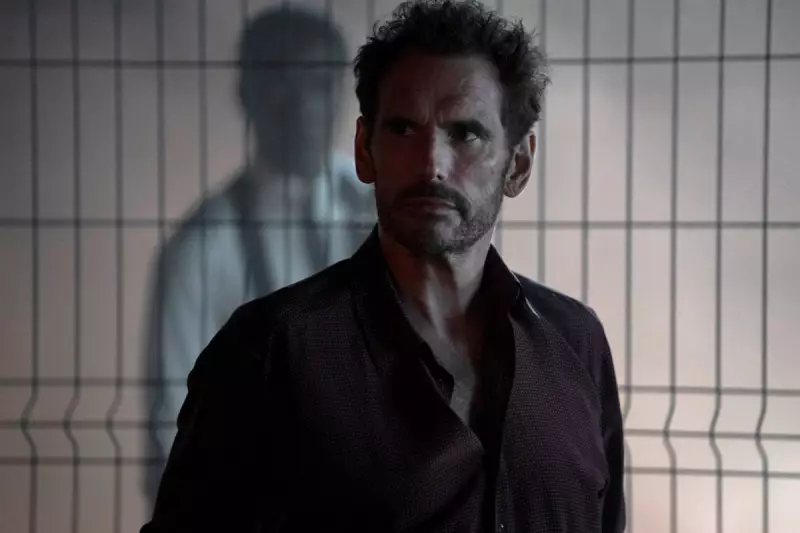
Visionary French director Claire Denis has once again split the critical jury with her latest, profoundly unsettling feature, 'The Fence'. Premiering at the Venice Film Festival, this stark examination of colonial aftermath and visceral violence is proving to be one of the year's most contentious cinematic offerings.
Reuniting with the formidable Juliette Binoche, Denis constructs a narrative far removed from conventional storytelling. The film immerses the audience in a world of brutal, unrelenting physicality, focusing on a woman's grim vocation: digging graves for the victims of a nameless conflict.
A Symphony of Suffering
Denis does not offer a passive viewing experience. 'The Fence' is an auditory and visual assault, designed to provoke and discomfort. The soundscape is a harrowing mix of laboured breathing, scraping shovels, and the ominous hum of an unseen war. Cinematographer Eric Gautier's camera lingers on the gruelling, repetitive labour of the body, making the audience feel every ache and strain.
This is not a film about the politics of conflict, but its raw, human cost. Binoche, in a near-wordless performance, conveys a universe of pain and hardened resilience through sheer physical presence.
A Divisive Reception
Early reactions have been fiercely polarised. Some critics are hailing it as a brutal masterpiece—a courageous and essential meditation on complicity and guilt. They praise its uncompromising vision and raw power.
Others find its unyielding bleakness and narrative opacity to be a fatiguing ordeal, labelling it miserabilist and alienating. This division ensures 'The Fence' will be a major talking point, a film destined to be debated rather than simply watched.
Love it or loathe it, Claire Denis has crafted a work of formidable intensity that refuses to be ignored. It is a challenging, often gruelling portrait of a world stripped bare, demanding a strong stomach and a willing mind.





